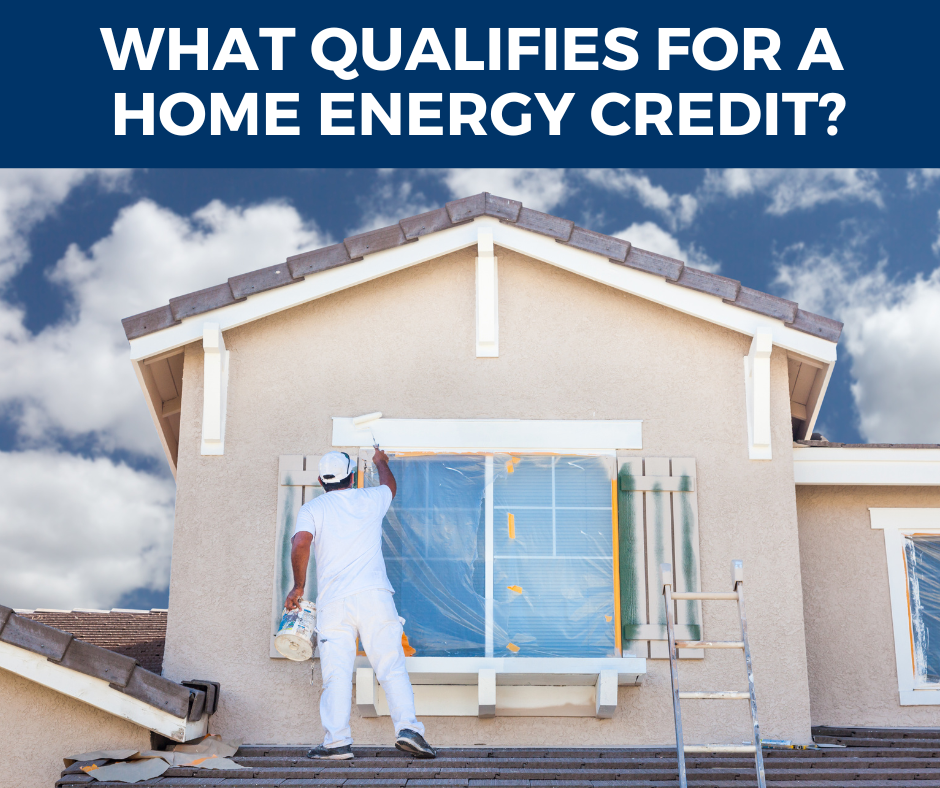What Qualifies for a Home Energy Credit and How Can I Receive One?
Written by: Anna McDonough
Summer is here, and you know what that means, it’s time for home improvement projects! Did you know that certain utility upgrades to your home could potentially qualify for a tax credit? If you’re curious about what upgrades could qualify for a home energy credit, keep reading.
There are two categories in the Home Energy Credits: the first one is the Energy Efficient Home Improvement Credit, and the second one is the Residential Clean Energy Credit. Homeowners who improved their primary residence (or second home if used as a residence) qualify for these credits. Individuals renting a home may also qualify for these credits.
What qualifies for the Energy Efficient Home Improvement Credit?
This credit has three categories of utility improvements that may qualify: energy efficiency improvements, residential energy property expenses, or a home energy audit. Energy efficiency improvements include upgrading exterior doors, windows, skylights, and insulation or air sealing materials or systems. Residential energy property expenses included central air conditioners; natural gas, propane, or oil water heaters; natural gas, propane or oil furnaces and hot water boilers; and heat pumps, water heaters, biomass stoves and boilers. The home energy audit of main home is an assessment that can help you understand the use of your home’s energy use. This credit cannot be carried forward or backwards and is nonrefundable. The maximum credit allowed is 30% of the cost of material and installment and the max credit allowed is $3,200 for the year in which the improvements are made. The max credit allowed per category is as follows:
- $1,200 total limit for energy efficiency improvements and home energy audit
- Limit $250 per door with a $500 limit
- Limit $600 for windows
- Limit $150 for home energy audit
- $2,000 limit for qualifying heat pumps and biomass stoves or boilers
What qualifies for the Residential Clean Energy Credit? Qualifying additions to your home include solar electric panels and water heaters, wind turbines, geothermal heat pumps, fuel cells, and battery storage technology. However, some equipment must meet certain standards to qualify. Solar water heaters must be certified by the Solar Rating Certification Corp, geothermal heat pumps must meet the Energy Star requirements, and battery storage must have a capacity of at least 3 kilowatt hours. The tax credit will equal 30% of the costs of materials and installation. This credit is nonrefundable but will carry forward until the credit is used up.
When thinking about upgrading certain home utilities or adding new energy collecting/storing upgrades to your home, remember, you might be able to get some tax credit! If you are looking into making any of the improvements listed above, don’t forget to call your trusted tax advisor to see if your home upgrade qualifies for a tax credit!
Sources:
- Energy.gov, Home Energy Assessments, accessed on 4/26/24, Home Energy Assessments | Department of Energy
- Energy.gov, Dec. 21, 2022, Making Our Homes More Efficient: Clean Energy Tax Credits for Consumers, accessed on 4/26/24, Making Our Homes More Efficient: Clean Energy Tax Credits for Consumers | Department of Energy
- IRS.gov, Home Energy Tax Credits, accessed on 4/26/24, Home energy tax credits | Internal Revenue Service (irs.gov)


